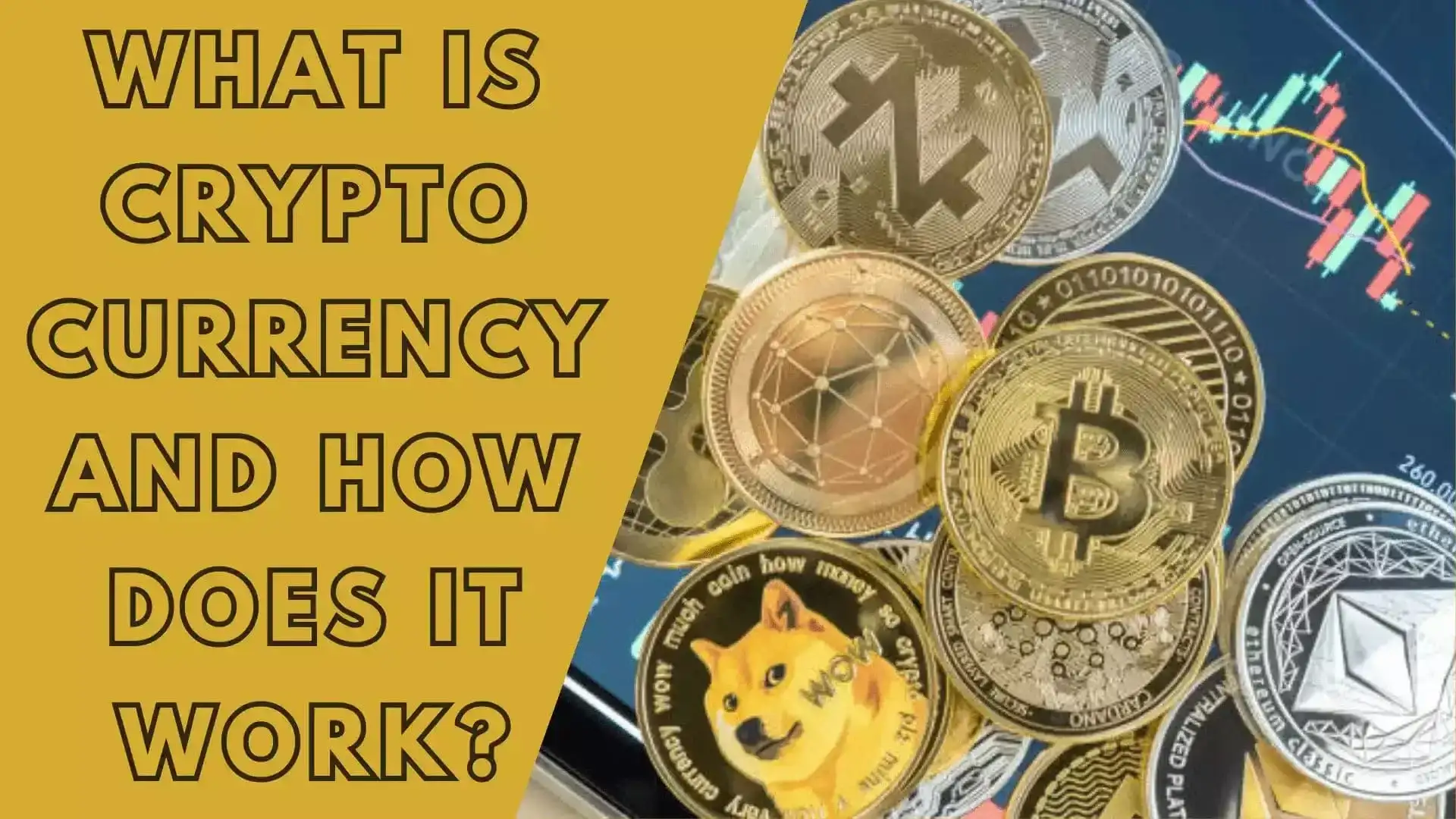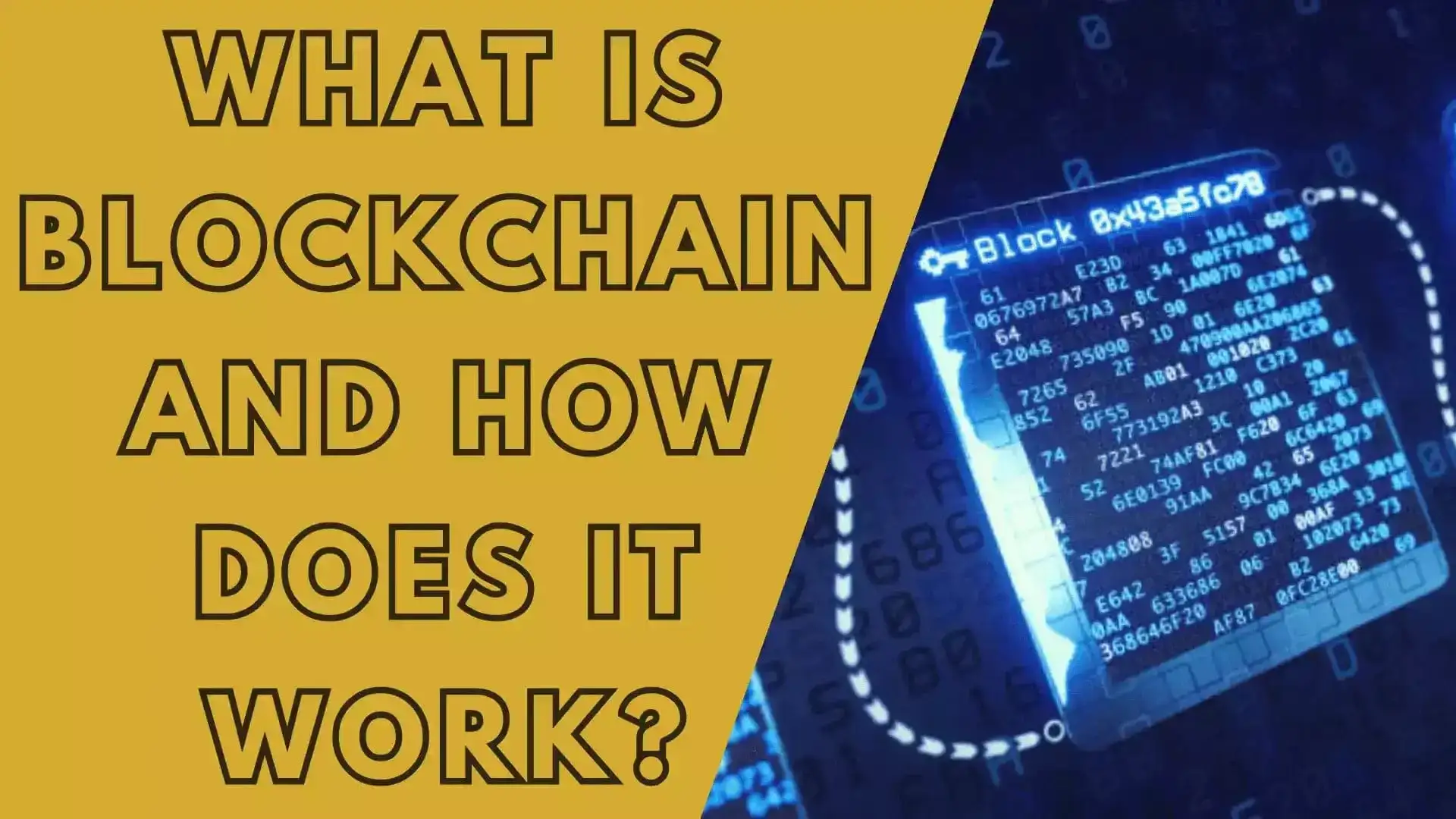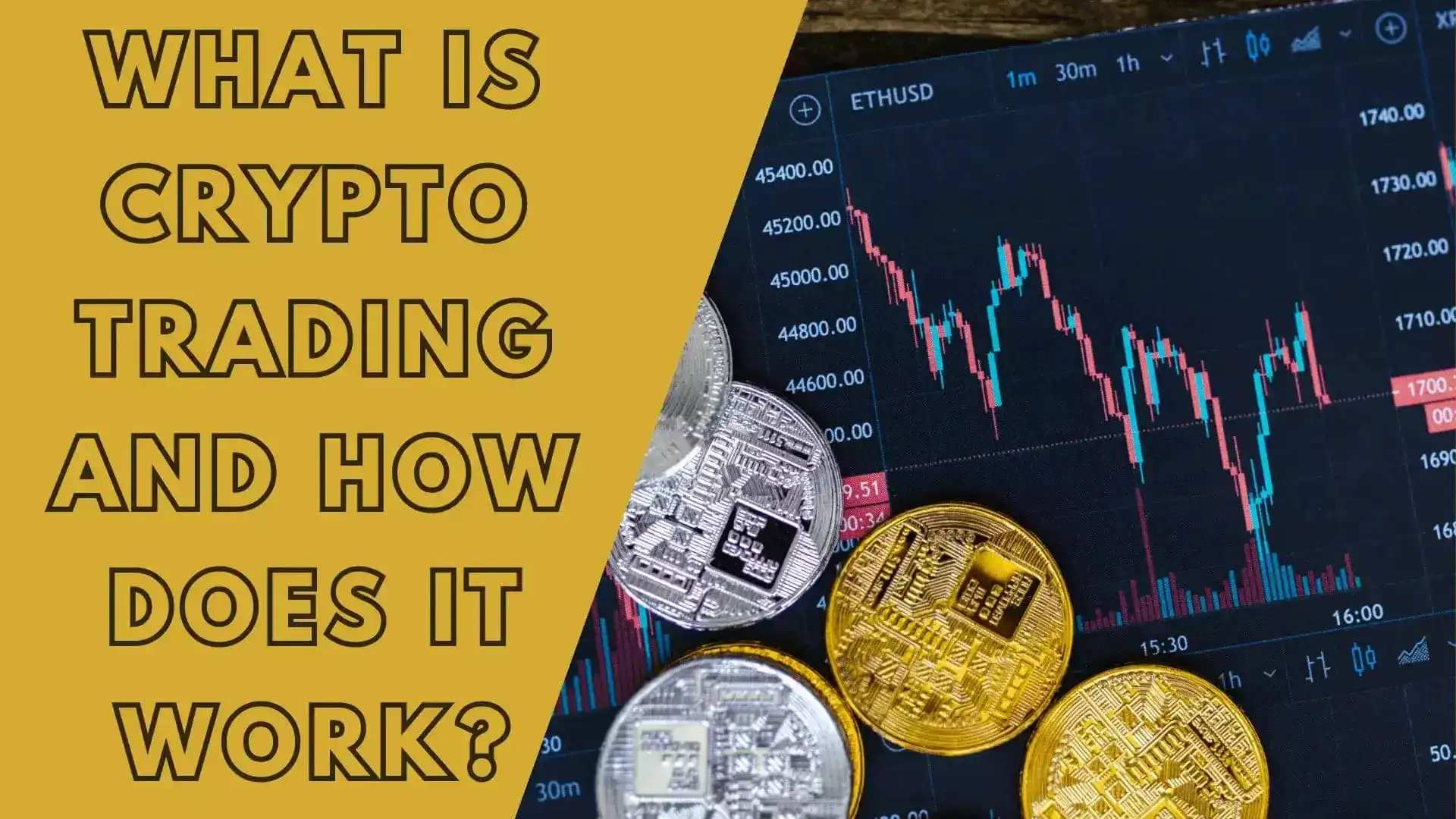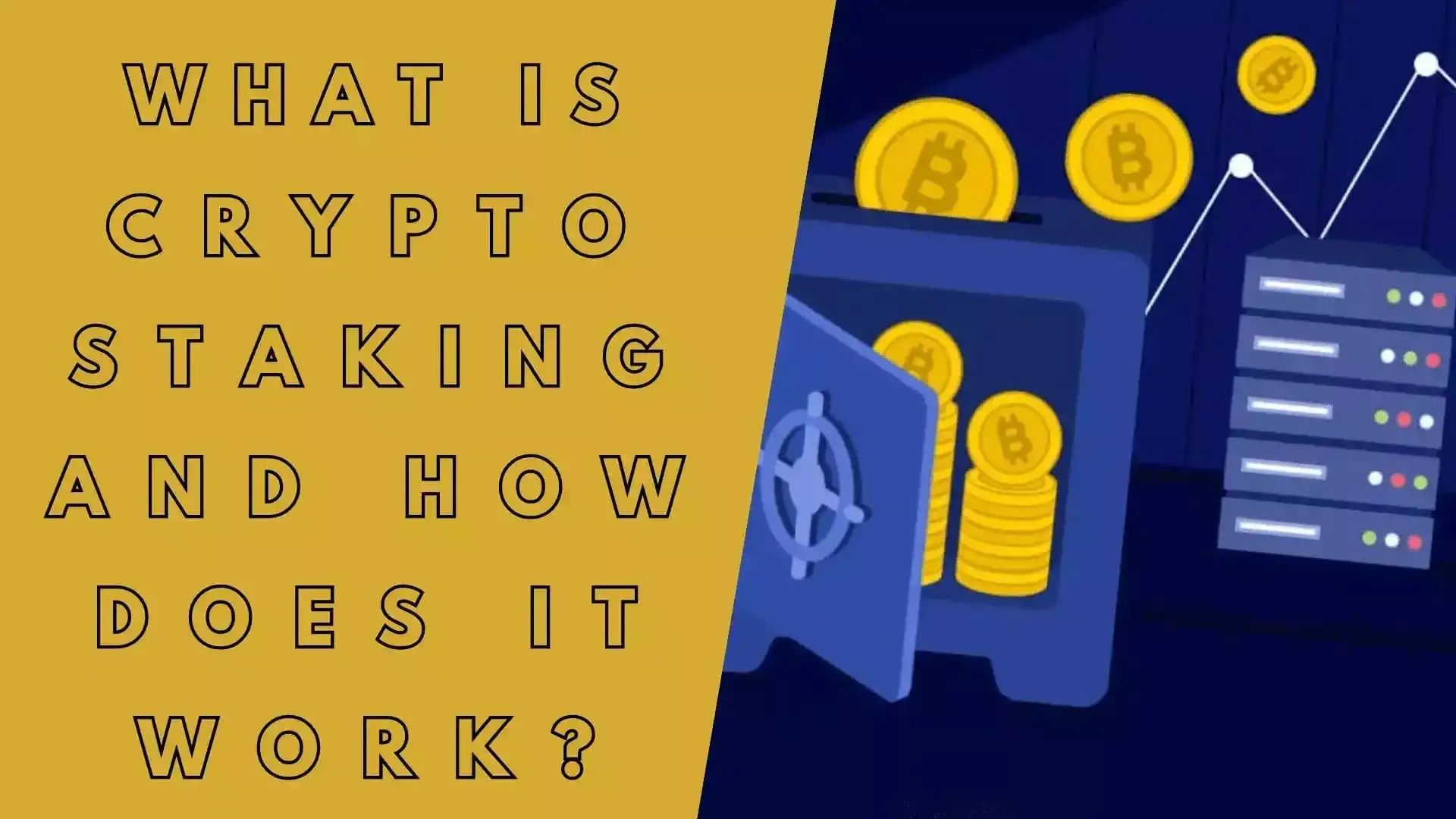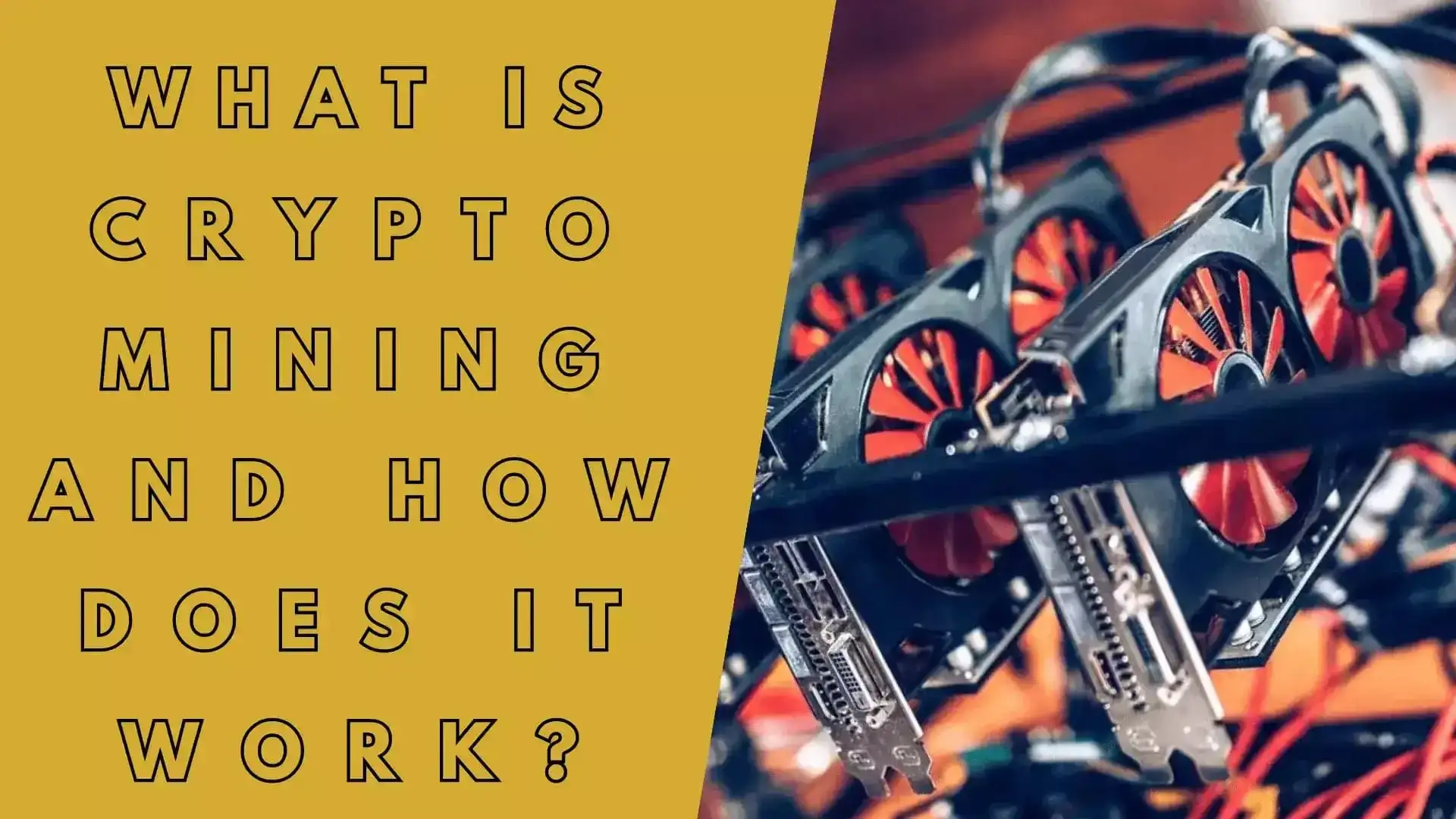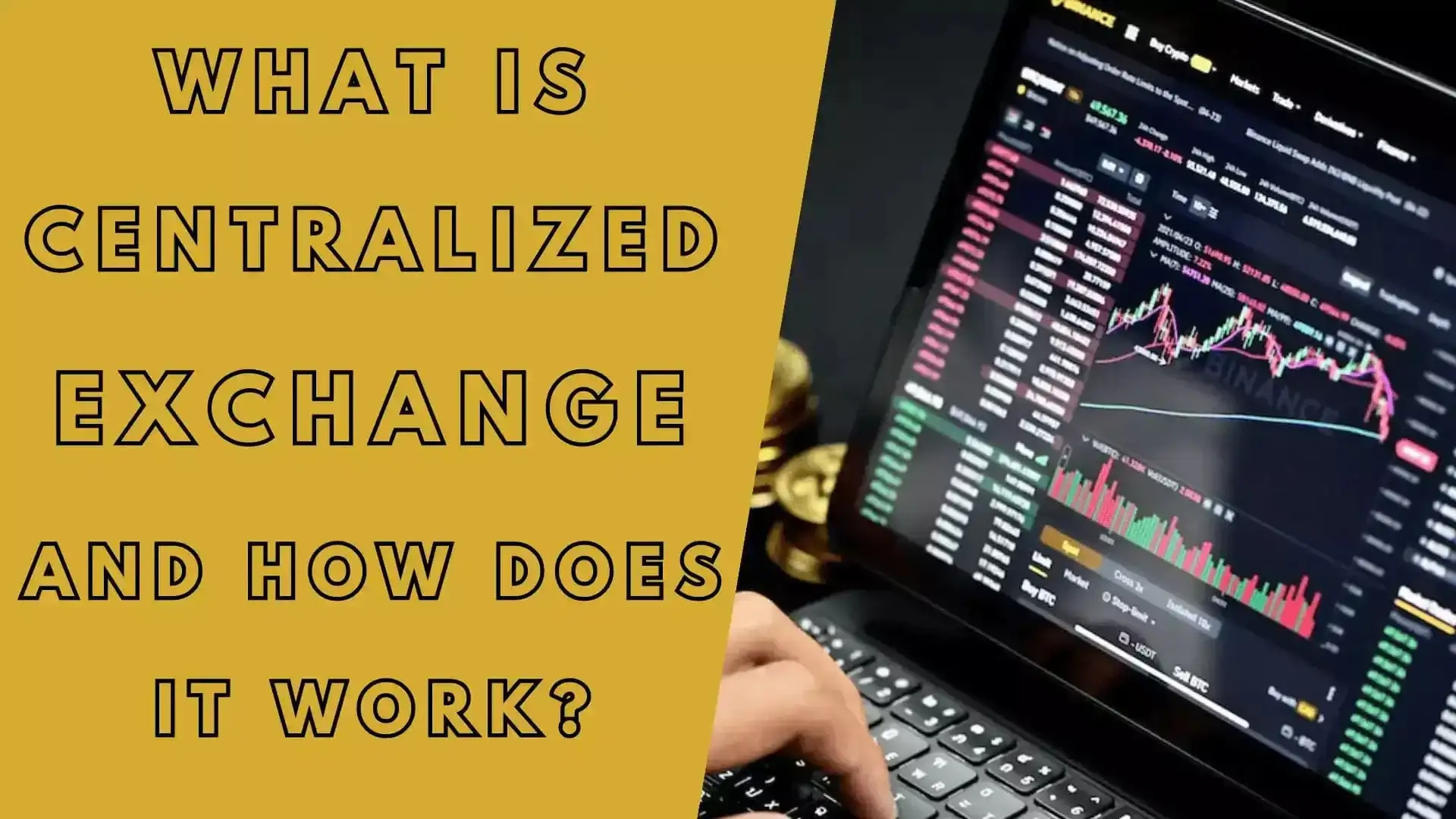Decentralized Applications (DApps): Revolutionizing the Digital Landscape
In the ever-evolving realm of technology, decentralized applications, or DApps, have emerged as a groundbreaking innovation with the potential to revolutionize various sectors. From finance to gaming and beyond, DApps are reshaping the digital landscape by offering a new paradigm of decentralized, transparent, and secure platforms. Let's delve deeper into what exactly decentralized applications entail and their significance in today's digital era.
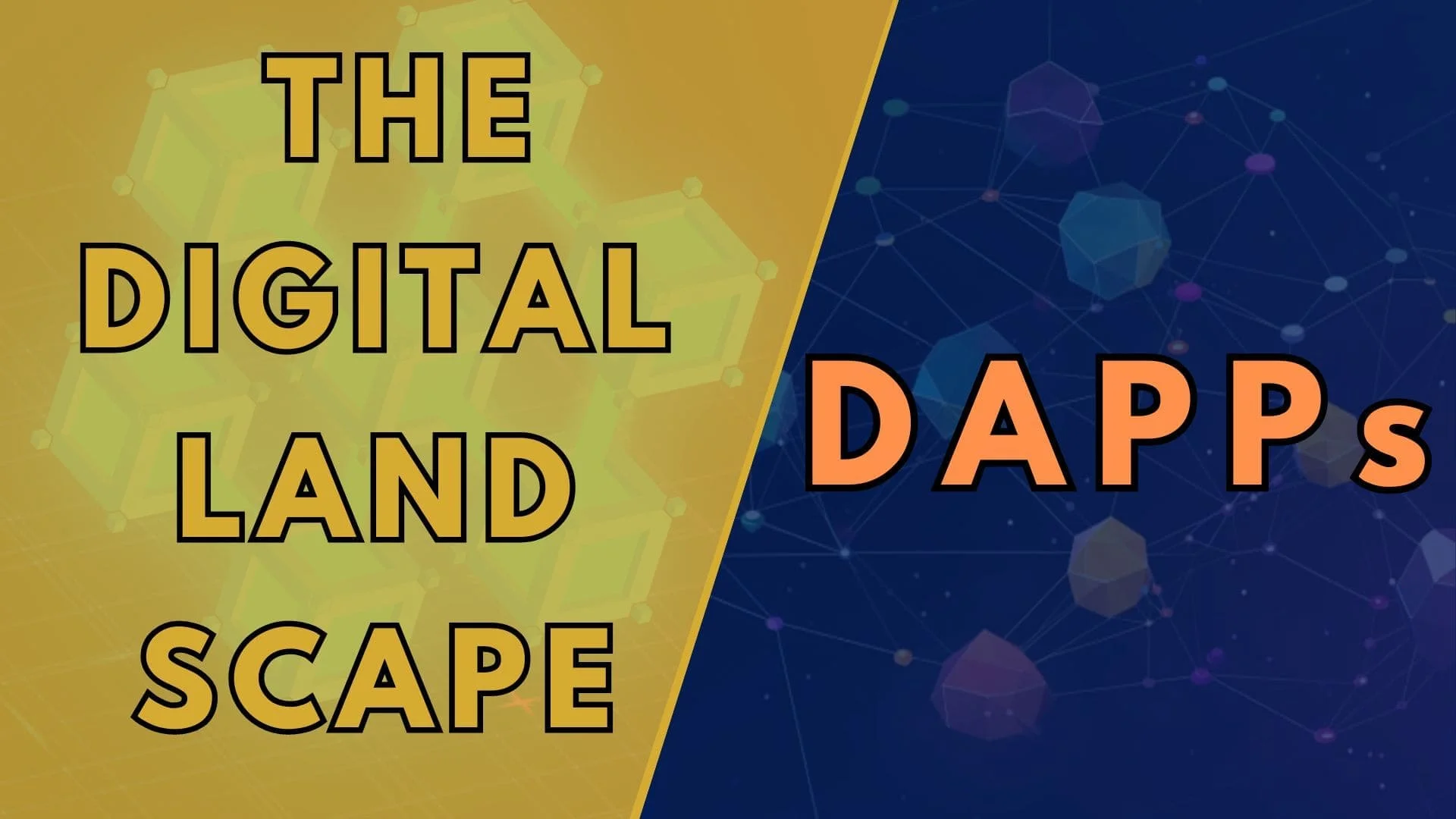
Posted on 1 Apr 2024
Understanding Decentralized Applications (DApps)
A decentralized application, often abbreviated as DApp, is a software application that operates on a decentralized network, typically utilizing blockchain technology. Unlike traditional applications that are centralized and rely on a single point of control, DApps distribute their processing power across a network of computers, making them resistant to censorship, single points of failure, and unauthorized alterations.
Key Characteristics of DApps
Decentralized applications exhibit several key characteristics that set them apart from their centralized counterparts:
- Decentralization: DApps operate on a decentralized network of nodes, ensuring no single entity has control over the entire system. This decentralized architecture enhances transparency, security, and censorship resistance.
- Transparency: Transactions and data within DApps are recorded on a public blockchain, allowing anyone to verify the integrity of the system. This transparency fosters trust among users and eliminates the need for intermediaries.
- Immutability: Once recorded on the blockchain, data within a DApp cannot be altered or deleted, ensuring the integrity and permanence of transactions.
- Incentive Mechanisms: Many DApps utilize token incentives to encourage user participation and contribution to the network. These tokens often represent ownership or utility within the DApp ecosystem.
- Autonomy: DApps are designed to operate autonomously, executing predefined smart contracts without the need for human intervention. This autonomy reduces the potential for human error and manipulation.
Categories of Decentralized Applications
Decentralized applications can be broadly categorized based on their functionality and use cases. Some common categories include:
- Finance and DeFi: Decentralized finance (DeFi) applications aim to disrupt traditional financial services by providing decentralized alternatives for lending, borrowing, trading, and more. Examples include decentralized exchanges (DEXs), lending protocols, and stablecoins.
- Gaming: DApps have gained traction in the gaming industry, offering decentralized gaming platforms, virtual asset marketplaces, and provably fair gaming experiences powered by blockchain technology.
- Social Networks: Decentralized social networks prioritize user privacy, data ownership, and censorship resistance. These platforms enable users to control their personal data and interact with others without intermediary surveillance.
- Supply Chain Management: DApps are revolutionizing supply chain management by providing transparent and immutable tracking of goods from production to distribution. This transparency helps improve efficiency, reduce fraud, and enhance trust among stakeholders.
- Governance and DAOs: Decentralized autonomous organizations (DAOs) utilize DApps to facilitate transparent and democratic decision-making processes among members. DAOs often govern community-driven projects, allocating resources and voting on proposals through smart contracts.
Challenges and Future Outlook
While decentralized applications hold immense promise, they also face several challenges, including scalability limitations, user experience hurdles, and regulatory uncertainty. Overcoming these challenges will be crucial for the widespread adoption of DApps across various industries.
Looking ahead, the future of decentralized applications appears bright, with continued innovation driving their evolution. As scalability solutions improve, user-friendly interfaces are developed, and regulatory frameworks mature, decentralized applications are poised to disrupt traditional industries and usher in a new era of decentralization, transparency, and autonomy in the digital landscape.
